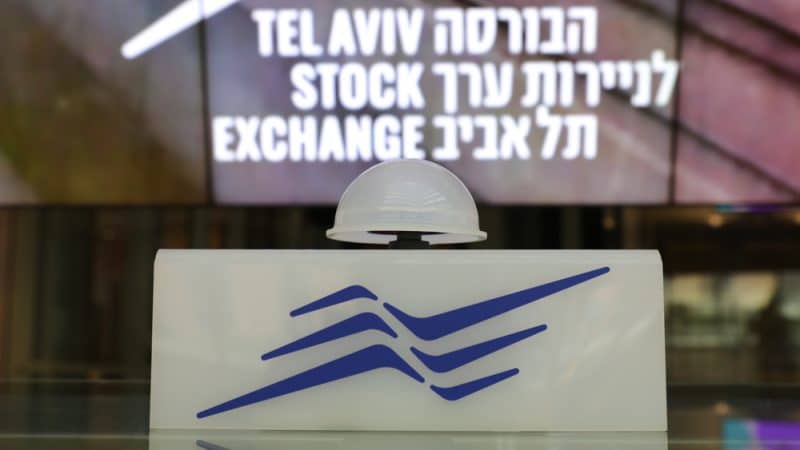Last-minute Funding Deal Challenged before Knesset Dissolution

While the Knesset is preparing to send the country to its fifth round of elections since 2019, a compromise made at the eleventh hour is not sitting well with a few of the coalition parties. The agreement was to regarding funding of election campaigns for which NIS 30 million was to be taken from the state coffers. Now, the proposal will have to be evaluated by an external oversight committee.
Coalition parties unhappy
According to sources, Yisrael Beytenu and Labor were the two coalition parties that were against the increase in funding and had instructed their party members to vote against the bill if it reaches the plenum. Therefore, the proposal will no longer be discussed as part of the disbandment of the Knesset. Instead, an independent oversight panel by the name of Public Committee on Party Financing would evaluate it.
It will also be voted on separately from the legislation relevant to the dispersal. Ayala Procaccia, the chairman of the Committee, said that the assessment would be complete by Wednesday afternoon. The Likud party is pushing for the increase in funding, which overspent its election funds previously.
Israel has a cap on private funding for election campaigns, as these are usually financed via public funding. Other than increasing the election funding, the bill is also aimed at extending the loan repayment period of the parties to 52 months from 36. But, these sections do not have to wait for the input of the Public Committee because are not under its purview.
The bill for increase in the funding had been submitted on Monday evening and was brought up within 48 hours of the timeline for the dissolution of the Knesset.
Knesset to disperse by Wednesday night
Nir Orbach, the chairman of the House Committee said on Monday that the final readings of the bill dissolving the Knesset are expected to be done by Wednesday night. Orbach is the one who is controlling the timeline of the dispersal. During this time, the opposition and the coalition are negotiating about what bills to pass before the Knesset dissolves, including the funding increase bill.
MK David Bitan of the Likud party defended the request of his party for additional funding, citing the frequency of elections in the country in the last couple of years. Speaking at the House Committee, the MK said that four elections have happened so far and they are facing difficulties because of it. He said that the Likud party is the largest in the Knesset, as it has 30 seats, and is also one of the few parties holding primaries, which means they require extra funding for every election cycle.
The House Committee is conducting the discussions regarding the funding proposal and Bitan told the committee that they had to pay additional expenses, such as NIS 10 million concerning primaries. However, the increase has received opposition from Yisrael Beytenu and Labor, parties that have seven seats each in the Knesset and are smaller than Likud. The increase in funding would happen for all parties, should the bill go through.



